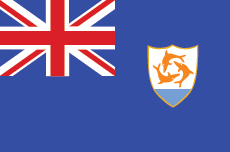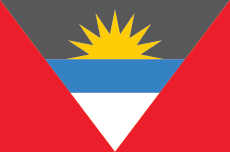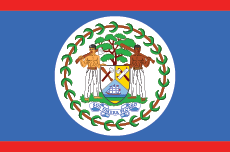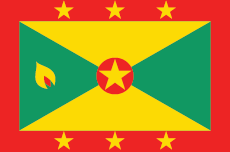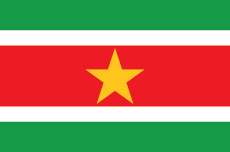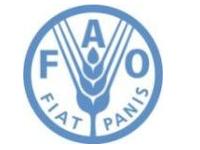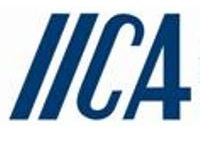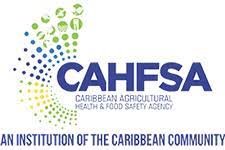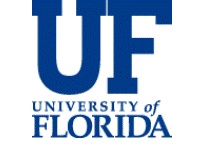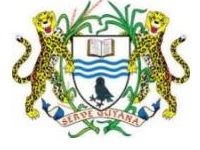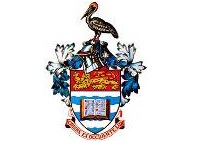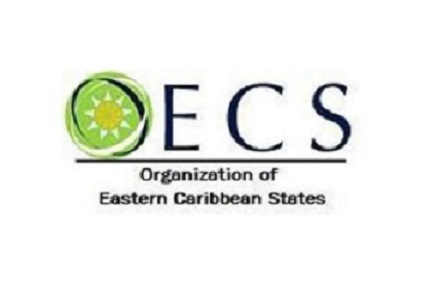Overview
The establishment of the technical working group (TWG) on Emergency Response Preparedness Plans and Mechanisms for Response was a decision of the Caribbean Plant Health Directors (CPHD) at their first meeting, convened at the Caribbean Community (CARICOM) Secretariat Headquarters in George Town Guyana on April 23-25, 2008. This working group was to be one of five groups established as an initial step in the formation of a regional network regarding plant health.
General Objective
To safeguard the Greater Caribbean from threats and/or the impacts from the introduction, establishment, and spread of plant pests by developing an emergency preparedness, response and recovery plan and mechanism for implementation to manage and mitigate pest outbreaks.
Pest of Concern
Priority Pest of Quarantine Importance
Membership
Supporting Organizations
- Center for Agricultural Biosciences International (CABI International)
- CARICOM Secretariat
- Food and Agriculture Organisation (FAO)
- Inter-American Institute for Cooperation on Agriculture (IICA)
- United States Department of Agriculture/Animal and Plant Health Inspection Service GCSI (USDA/APHIS)
- Organisation of Eastern Caribbean States (OECS)
- Caribbean Agricultural Research and Development Institute (CARDI)
Specific Objectives
Where necessary the specific objectives (in no order of priority) should include:
Preparedness
- To advise on the need for capacity building with respect to Emergency Preparedness
- To provide guidelines on the acquisition of scientific information on the nature and scope of the pest especially in the preparation of the Pest Risk Analysis
- To provide guidelines on pest pathways analysis
- To provide guidelines on the establishment and maintenance of a system of information sharing with trading partners, and regional and plant protection organizations for early detection, and implementation of measures to prevent the entry of pests (including invasives)
- To identify countries threatened by pest incursions via trade
- To advise on strengthening legislation with respect to Emergency Response Plans and Mechanisms for implementation
- To advise on Phytosanitary Measures or Protocols to facilitate trade:
- Preclearance
- Pest Free Areas (See ISPM No.)
- Areas of Low Pest Prevalence(See ISPM No. 22)
- To advise on pests that are not in the region but pose a threat to the region.
- Development of strategies for:
- Eradication
- Containment
- Control and mitigation
Response
- To provide guidelines for the key elements of an emergency response plan with respect to preventive and preparedness measures where the pest is not yet in a particular country, but is present in the region.
- To establish and maintain a system of information sharing with trading partners, and regional and plant protection organizations for capacity building regarding emergency responses and mechanism for management in times of an emergency using science based methods and technology (Establishment of an Incident Command System).
- Collaborate with extension, private sector, international partners and other stakeholders to prepare for early detection, timely diagnostics and effective control strategies against plant health threats and incursions.
- Collaborate on Emergency Management/Incident Command.
Recovery
To provide guidelines and advise on measures for recovery from the impact of the effects of the emergency.
Regional advice should include:
- Introduction of new plant pests after natural disasters.
- Mechanism for reintroduction of planting material.
- Consideration for the recommendations of germplasm storage in the region.
- Recommendations for possible technical assistance for the region.
General
- To identify the commodities/plant species affected, most traded and important to the economies of the Greater Caribbean.
- To provide recommendations to be placed on the Priority Pest List at national and regional Levels.
- To prepare guidelines on Public awareness and education.
- To consult with the TWGs and others on new methods of prevention, spread, control, and eradication.
- To prepare discussion papers if relevant.
- To report to the Plant Health Directors Meeting.
- To advise on synergies with other initiatives, programmes and projects.
- To advise on affiliations with other Groups, associations etc.
Achievements
[**er-achievements]

